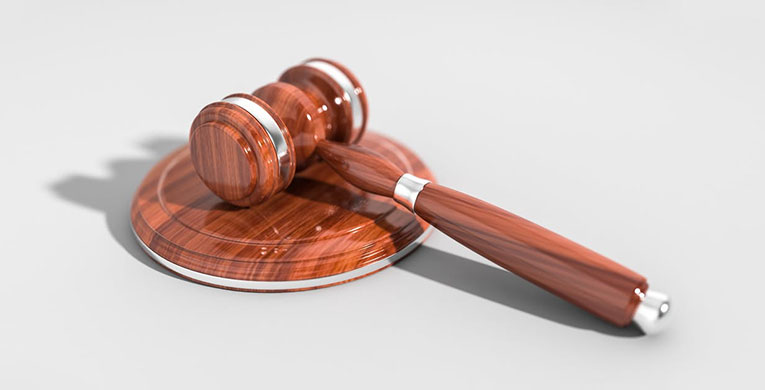What is Copyright?
Copyright:
The copyright is based on two laws which are written into the Code of Intellectual Property. They set out the fact that the physical person who is at the origin of an intellectual work will be deemed to be the author of this work, be it musical, literary or artistic. Neither the purpose of the work, whether it is artistic or functional, nor the means of expression, written or oral, will be taken into consideration. Thus, software, books, pieces of music or even websites can be covered by copyright, as long as they are original creations in a physical form. Conversely, an idea or a concept, which is not a physical thing cannot be covered by copyright.
Property rights of a work:
In France, the creator is not obliged to carry out any formalities in order for his property rights to his work to be recognized. These rights are applicable for a period of 70 years after the death of the creator, so that his heirs can also benefit from them. Property laws are split into two areas: moral rights, which allow the creator to ensure that his name, his function and his work be respected; and property rights, which allow the owner of a work to profit from the said work.
Even if no particular procedure is required, the creator should nonetheless be able to prove his ownership of the work and the precedence of his rights in the event of a dispute.
Precedence and proof of precedence:
Precedence is the cornerstone of copyright rights. In fact, a person can attempt to take ownership of the work of a creator, by claiming ownership. The creator must be able to prove that the creation indeed originated with him, and therefore that he is the person who holds the copyright associated with it. The courts use the most likely creation date to make their rulings.
Therefore, we highly recommend that you register your work, even though this is not compulsory. In fact when the creator registers his piece of work, the work is linked to a given date, which enables precedence of copyright to be proven. This, on the proviso, of course, that this registration bears all the security elements which ensure that the date and the content are impossible to forge and irrefutable. Certification by a public notary or solicitor gives all these guarantees.
Copyright:
Copyright, represented by the symbol ©, is the Anglo-Saxon equivalent of an author’s rights, even if the logic behind the two is slightly different.
In France, authors’ rights belong to the creator through moral and property rights, whereas copyright protects the work itself. The purpose of the work is to be made public and its integrity must be protected. Copyright entails registration of a work by its creator with the appropriate authorities. In the event of failure to do so, the creator will not be able to claim rights of authorship. And finally, copyright only covers property rights, moral rights not being recognized under copyright.
Acknowledgement of copyright:
Authors’ rights and copyright are recognized by the countries which have signed the Berne Convention, by reciprocal agreement and without the need for prior registration.
